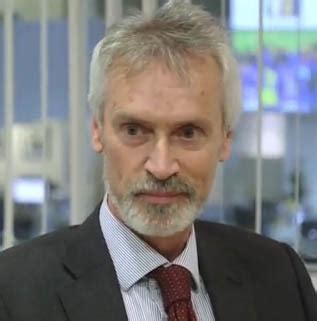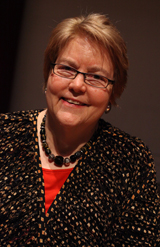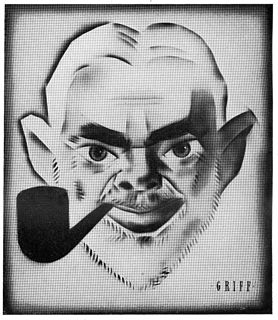A Quote by Dennis Prager
Those indoctrinated by leftist thinking become largely incapable of making accurate moral judgments.
Related Quotes
Today, there are those who say that marriage is out of fashion... They say that it is not worth making a life-long commitment, making a definitive decision, ‘for ever’, because we do not know what tomorrow will bring. I ask you, instead, to be revolutionaries, I ask you to swim against the tide; yes, I am asking you to rebel against this culture that sees everything as temporary and that ultimately believes you are incapable of responsibility, that believes you are incapable of true love.
The Constitution exists precisely so that opinions and judgments, including esthetic and moral judgments about art and literature, can be formed, tested, and expressed. What the Constitution says is that these judgments are for the individual to make, not for the Government to decree, even with the mandate or approval of a majority. Technology expands the capacity to choose; and it denies the potential of this revolution if we assume the Government is best positioned to make these choices for us.
There are those who feel an imperative need to believe, for whom the values of a belief are proportionate not to its truth, but to its definiteness. Incapable of either admitting the existence of contrary judgments or of suspending their own, they supply the place of knowledge by turning other men's conjectures into dogmas.
Since I hold no judgments against my characters, no matter how heinous they might seem, I present them as real people with their own moral centers. We might feel those moral centers are mis-calibrated, but they are there and are the rudders that propel them. This makes reading my work a visceral roller coaster, 'cause the reader must embark on the journey of the protagonist equipped only with his or her own moral center.
People have judged you; you have accepted their idea without any scrutiny. And you are suffering from all kinds of people's judgments, and you are throwing those judgments on other people. And this game has become out of proportion. The whole humanity is suffering from it. If you want to get out of it, the first thing is: Don't judge yourself.
Is not nationalism - that devotion to a flag, an anthem, a boundary so fierce it engenders mass murder - one of the great evils of our time, along with racism, along with religious hatred? These ways of thinking - cultivated, nurtured, indoctrinated from childhood on - have been useful to those in power, and deadly for those out of power.

































